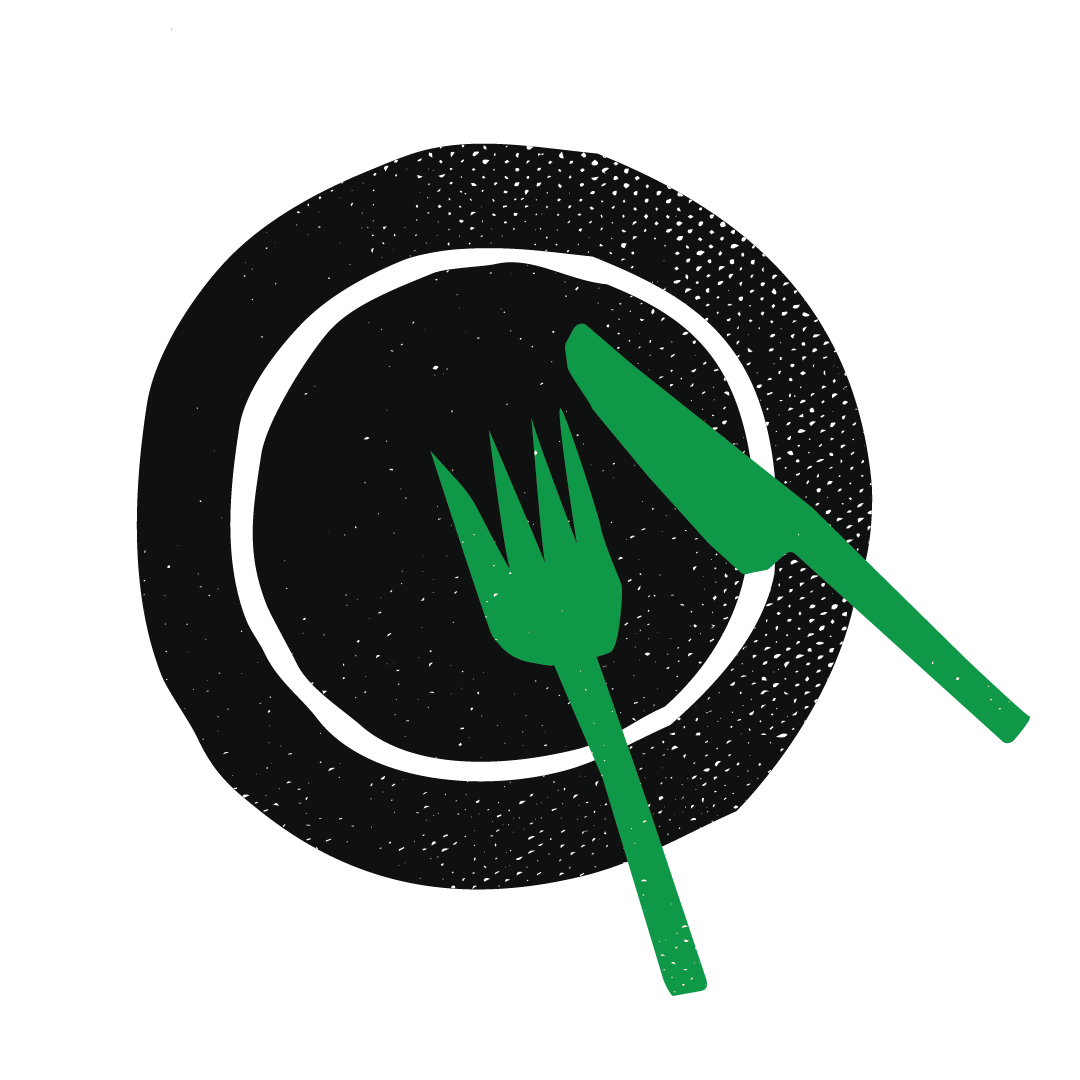A new investigation by The British Medical Journal (BMJ) has exposed the powerful influence of the advertising industry in blocking public health efforts to restrict junk food marketing. As childhood obesity rates continue to soar, the BMJ’s findings underscore the urgent need for systemic change—especially at the local level.
A Cornwall Perspective: Why This Matters to Us
At Sustainable Food Cornwall, our mission is to bring together people and organisations across the local food sector to create a healthier, fairer, and more sustainable food system. The BMJ’s report shines a spotlight on just how critical this mission is. It’s not just about what we eat—it’s about the systems that shape our choices.
Councils Under Pressure
The BMJ submitted Freedom of Information (FOI) requests to 52 English councils to investigate how advertising firms and lobbying groups influence decisions around ‘out-of-home’ junk food ads—those on billboards, bus shelters, and other public spaces.
What they found is troubling. Advertising firms have been pressuring councils by warning them that restrictions on high fat, salt, and sugar (HFSS) products could result in lost revenue. Faced with these warnings, several councils have backed down from proposed restrictions, despite the potential health benefits.
Big Brands, Bigger Budgets
In 2024, McDonald’s was the largest out-of-home advertiser, spending a staggering £86.3 million, according to industry body Outsmart. Other major advertisers include Pepsico, Coca-Cola, KFC, Mars, and Mondelez, the US-based owner of Cadbury.
These brands dominate public advertising spaces, making it increasingly difficult for children and families to avoid exposure to unhealthy food marketing.
Some of the councils lobbied by advertisers include Liverpool City, Tower Hamlets, and Luton Borough—all areas where more than 40% of children aged 10–11 are overweight or obese. In these communities, the impact of junk food marketing is particularly acute, yet local authorities are being left to face corporate pressure without national backing.
Industry Response: Dialogue or Deflection?
Outsmart, which represents major players like Clear Channel and JC Decaux, maintains that out-of-home advertising is “one of the most regulated” and claims it is open to a “constructive dialogue” on public health.
However, campaigners like Fran Bernhardt of Sustain warn that the industry’s tactics often aim to delay, weaken, or block vital health policies. She said: “The government is leaving individual local authorities to fight for this policy against powerful vested interests… This is inconsistent and leaves children at risk.”
Communities Fighting Back
Not everyone is standing by. Charities Bite Back and Impact on Urban Health have taken over ad space in South London in a bold counter-campaign. Their powerful black and white billboards read:
“We’ve bought this ad space so the junk food giants couldn’t – we’re giving kids a commercial break.”
The BMJ’s investigation reveals just how broken the current food and advertising system is. But we can build something better—something fairer, healthier, and more resilient for Cornwall.
Want to help?
Sign our charter to show your support for a food system that puts our communities, our environment and our local economy first.
Read the BMJ article in full here

